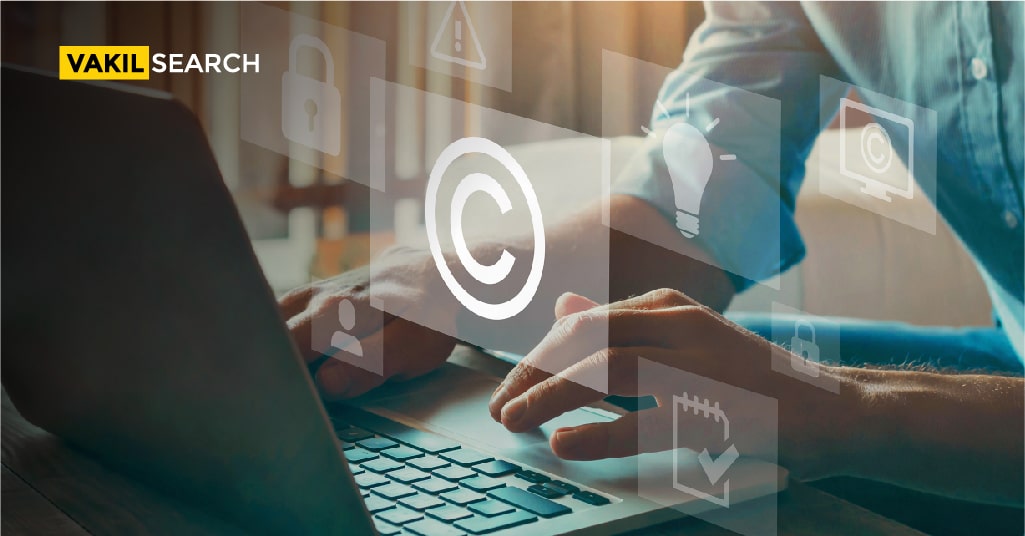In today's fast-paced digital age, creativity and innovation are at the forefront of every industry. From literature and music to software and artistic creations, individuals and companies invest significant time and resources in producing original works. As creators, it is essential to understand how copyright protects these creations and ensures that they remain the sole property of their rightful owners.
What is Copyright?
Copyright is a form of intellectual property protection granted to the creators of original works. These works can include literary works, music, films, software, art, photographs, and more. By obtaining copyright, the creator gains exclusive rights to reproduce, distribute, perform, display, and modify their work. This protection is automatic as soon as the work is created and fixed in a tangible form, such as writing it down or recording it. However, there are certain benefits to formally registering your copyright, which we will discuss later.
The Role of Copyright in Protecting Your Brand
For businesses and brands, copyright plays a vital role in safeguarding their creative assets and distinctive features. It protects logos, branding materials, websites, and marketing content, ensuring that competitors or unauthorised entities cannot use or profit from them without permission. By securing copyright for your brand elements, you establish a clear identity and prevent consumer confusion, ultimately strengthening your position in the marketplace.
Moreover, copyright protection helps businesses maintain their reputation and authenticity. When customers associate particular creative elements with your brand, they build trust and loyalty. Copyright ensures that these elements remain exclusively tied to your business, avoiding the risk of dilution or misappropriation by competitors.
Advantages of Going for a Copyright
Legal Protection
Registering your copyright provides a stronger legal foundation for enforcing your rights in case of infringement. It allows you to pursue legal action and claim statutory damages, which can be more substantial than damages available for unregistered works.
Public Notice
Copyright registration puts others on notice that the work is protected, reducing the possibility of someone unintentionally infringing upon your rights. This can act as a deterrent against potential infringers.
International Protection
Copyright protection extends to many countries through international agreements. Registering your copyright can facilitate the enforcement and protection of your work in foreign jurisdictions.
Preservation of Evidence
Copyright registration creates a public record of your ownership, establishing a timeline of when the work was created and who owns it. This can be valuable evidence in case of disputes.
Potential Licensing Opportunities
Copyright registration enables you to license your work to others, allowing you to generate revenue by granting limited rights to third parties.
FAQ
Do I need to register my work to claim copyright protection?
No, copyright protection is automatic as soon as your work is created and fixed in a tangible form. Registration is not mandatory for a copyright to exist. However, as mentioned earlier, registering your work offers several advantages.
What is the difference between copyright registration and automatic copyright protection?
Automatic copyright protection occurs as soon as your work is created, while copyright registration involves submitting your work to the relevant copyright office and obtaining a certificate of registration. Registration provides additional legal benefits and evidentiary support.
Does copyright registration provide additional benefits or advantages?
Yes, copyright registration offers several advantages, including enhanced legal protection, public notice, the potential for statutory damages, international protection, and opportunities for licensing.
How can I prove ownership of my work if it is not registered for copyright?
If your work is not registered, you can still rely on other forms of evidence to prove ownership, such as dated drafts, emails, or witnesses who can testify to the creation of the work.
Are there any specific situations where copyright registration is highly recommended?
Copyright registration is highly recommended for valuable, commercially significant, or widely disseminated works. Additionally, if you anticipate the possibility of facing infringement issues, registration can provide crucial advantages in legal battles.

